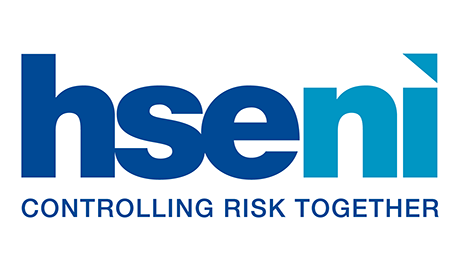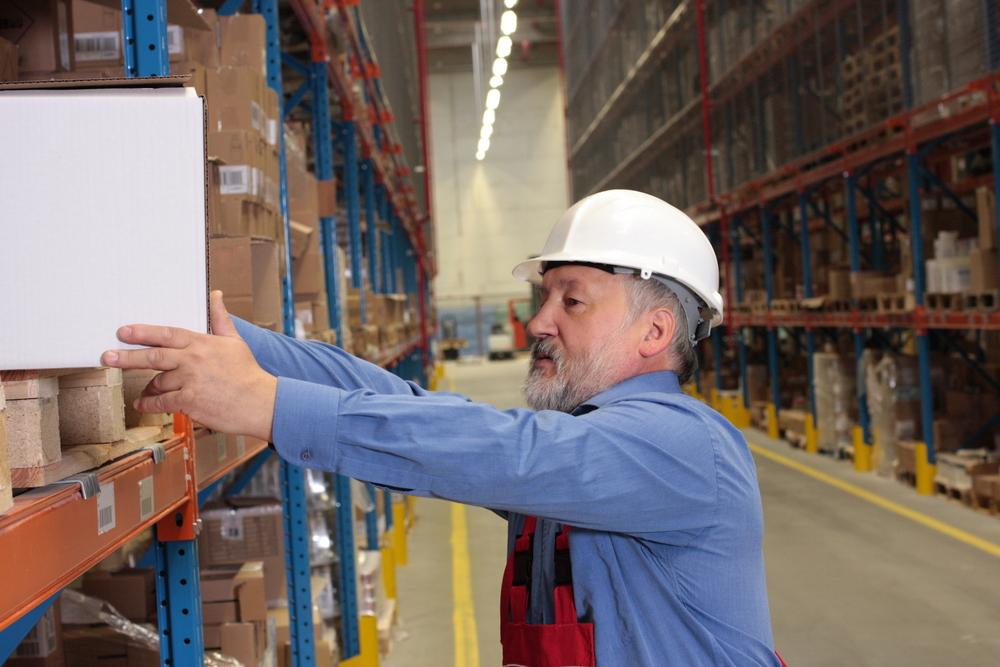What Is Work-Related Stress?
Stress is not an illness – it is a state of mind. However, if stress becomes too excessive and prolonged, it can develop into a mental and physical illness. Stress can affect anyone at any level of the business. Recent research shows that work-related stress is widespread and is not confined to particular sectors, jobs or industries. It is important to note that there is a difference between pressure and stress. Pressure can be positive and a motivating factor, and is often essential in a job. It can help us achieve our goals and perform better. Stress occurs when this pressure becomes excessive. Stress is a natural reaction to too much pressure.
HSE's formal definition of work-related stress is: "The adverse reaction people have to excessive pressures or other types of demand placed on them at work."
Well-designed, organised and managed work is good for us but when insufficient attention to job design, work organisation and management has taken place, it can result in work-related stress.
Work-related stress develops because a person is unable to cope with the demands being placed on them. Stress, including work-related stress, can be a significant cause of illness and is known to be linked with high levels of sickness absence, staff turnover and other issues such as more errors.
Stress can hit anyone at any level of the business and recent research shows that work related stress is widespread and is not confined to particular sectors, jobs or industries. That is why a population-wide approach is necessary to tackle it.
HSE has developed the management standards approach to tackling work-related stress; these standards represent a set of conditions that, if present, reflect a high level of health, wellbeing and organisational performance.
This approach helps those who have key roles in promoting organisational and individual health and well-being to develop systems to prevent illness resulting from stress.
Balancing demands and pressures with skills and knowledge
A person experiences stress when they perceive that the demands of their work are greater than their ability to cope.
Coping means balancing the demands and pressures placed on you (the job requirements) with your skills and knowledge (your capabilities).
For example, if you give a member of your team a tight deadline on a project they feel they have neither the skills nor ability to do well, they may begin to feel undue pressure which could result in work-related stress.
Stress can also result from having too few demands, as people will become bored, feel undervalued and lack recognition. If they feel they have little or no say over the work they do or how they do it, this may cause them stress.
The performance curve
The human performance curve describes how individuals function under differing degrees of pressure. When there is no pressure or incentive to fulfil a task motivation and performance is low.
Research has found that as pressure increases so does performance until it reaches an optimal performance level. However if the pressure lasts a significant length of time or passes the optimum point then performance begins to decrease and exhaustion/burn out/stress starts to occur.
Individuals have varying tolerance levels and react differently to stressors or triggers therefore the point at which pressure develops into stress will be different in every individual. If pressures continue past the optimal performance point effort becomes harder and performance is significantly reduced. Continued pressures often lead to ill-health and individuals being unable to function at work.
Presenteeism is the reduction in productivity and can be as high as 33 per cent. It occurs when employees come to work but function at less than full capacity because of stress/ill health.
Individuals have differing responses to pressure. Not enough pressure can result in boredom. As pressure increases performance also increases to a level where individuals are comfortable. Additional pressure can stretch an individual’s performance levels but with a degree of control the individual can maintain this. However if additional pressure is increases this will result in the individual being put under strain resulting in a drop in performance. Any additional pressure will significantly reduce performance, cause ill-health and can eventually lead to breakdown.
Factors in stress
Stress affects people in different ways and what one person finds stressful can be normal to another. With each new situation a person will decide what the challenge is and whether they have the resources to cope. If they decide they don't have the resources, they will begin to feel stressed. How they appraise the situation will depend on various factors, including:
- background and culture
- skills and experience
- personality
- personal circumstances
- individual characteristics
- health status
- ethnicity, gender, age or disability
- other demands both in and outside work
As a manager you have a duty to ensure that work does not make your team ill. Understanding how to spot the signs of stress in your team, and then know what to do to reduce stress, will help you achieve this. For more information, visit - www.hseni.gov.uk.




















